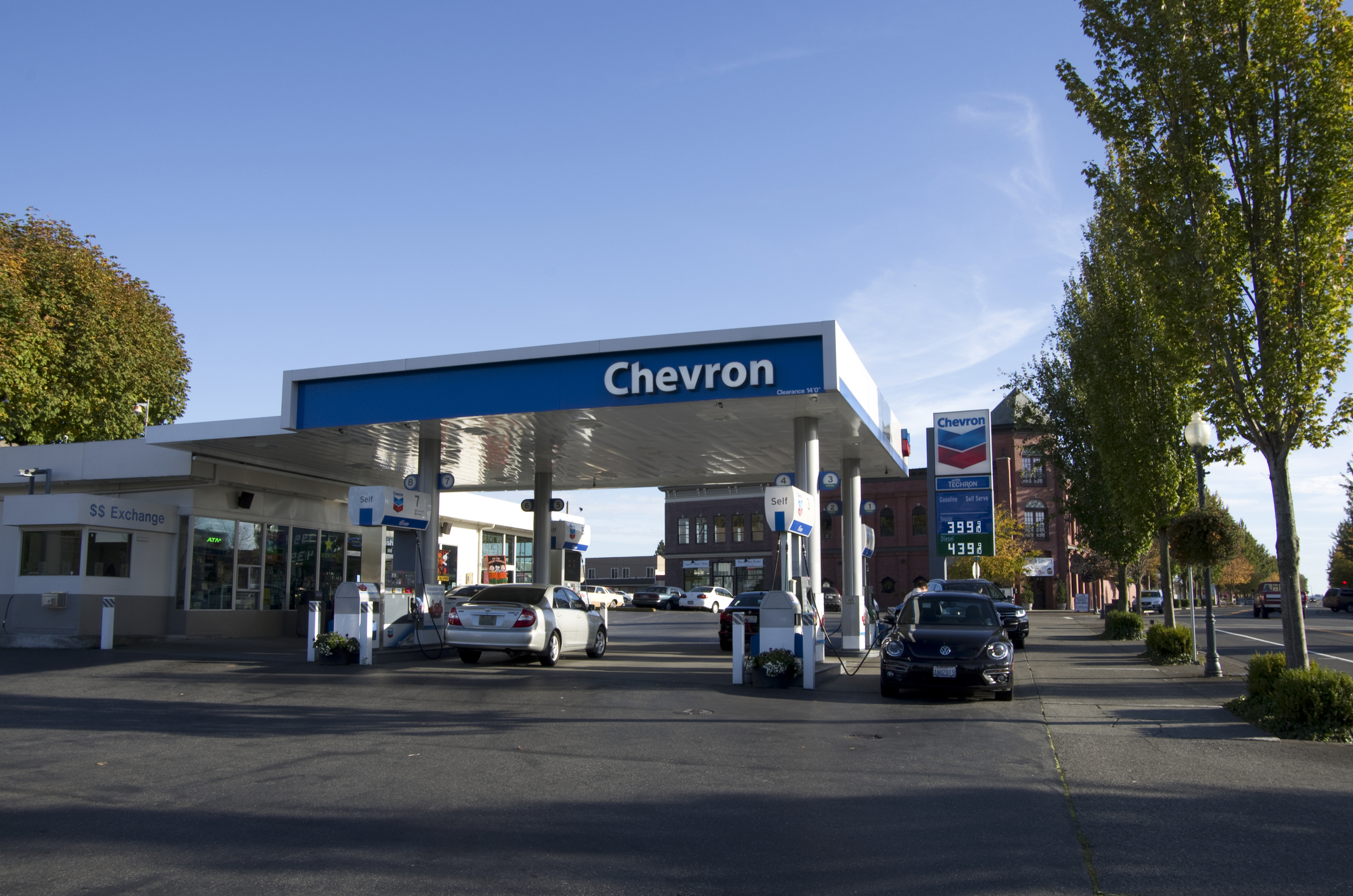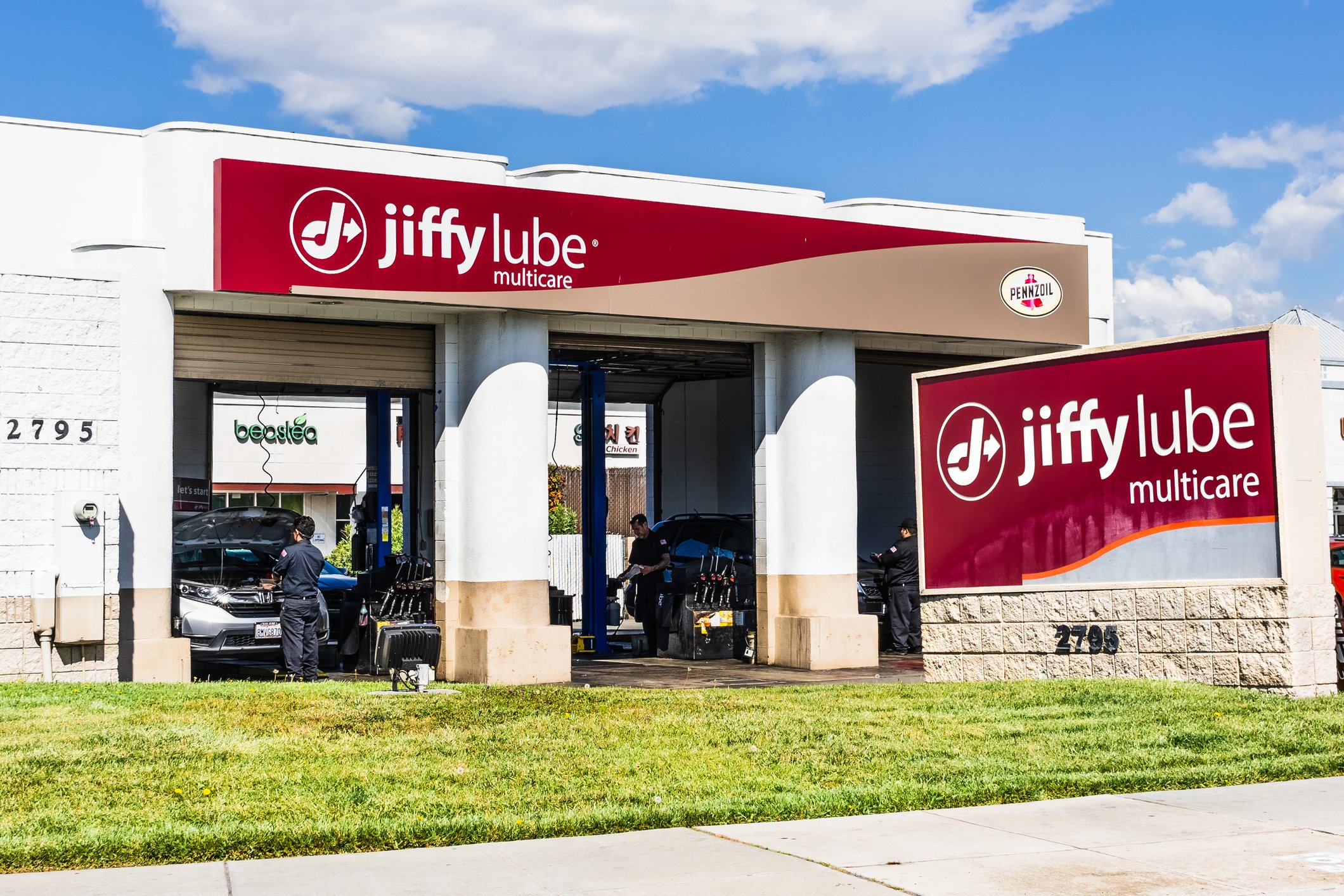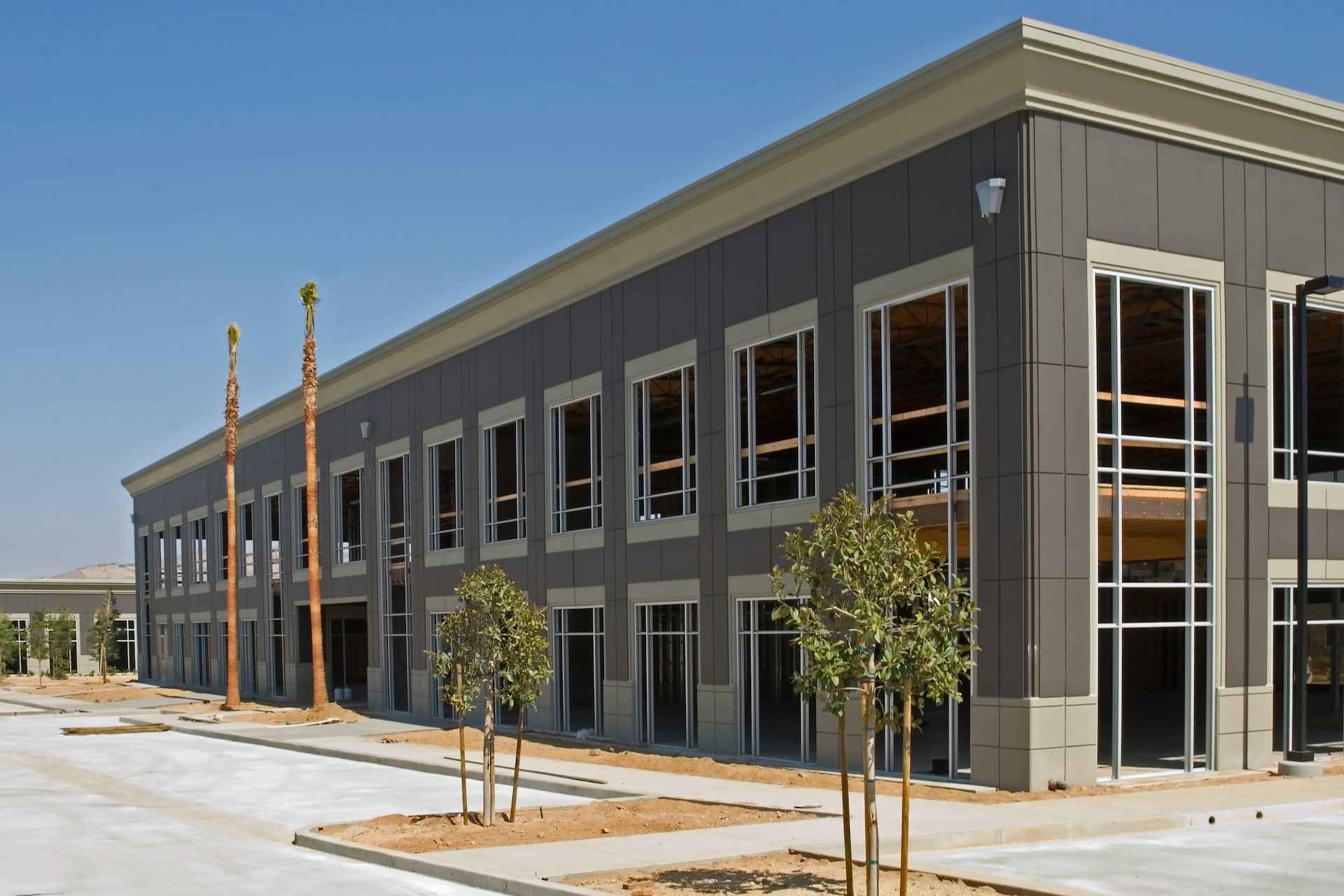Loan Scenario: Can I Get 100% Hard Money Financing on Farmland?
FCTD received the following loan scenario from a potential borrower trying to buy 50 acres of farmland:

Gas station hard money loans are a type of short-term financing solution for gas station owners who may have challenges securing loans from traditional lenders. Unlike traditional bank loans that underwrite financial performance and often have a lengthy approval process, hard money loans focus primarily on the value of the collateral — the gas station property itself — offering an alternative means for obtaining short-term funding.
In essence, these loans provide gas station owners with quick access to capital by leveraging their property's value without relying heavily on the financials typically required by conventional lenders. The loan terms for gas station hard money loans tend to be shorter than those offered by traditional banks, usually ranging from six months to three years.
Hard money loans are short-term loans provided by private individuals or small lending firms, typically based on the value of the collateral rather than the borrower's creditworthiness.
Hard money loans are more flexible and deliver funding faster than banks, making them an attractive choice for gas station owners in need of quick capital. Hard money loans are primarily asset-based, with the gas station property serving as collateral.
The loan amount is determined by the gas station's appraised value rather than revenues, income, or the value of the convenience store's inventory.
Traditional bank loans can take months to be approved, due to extensive documentation requirements and underwriting processes. In contrast, hard money loan applications can often be processed within days, providing borrowers with much-needed liquidity when facing a tight deadline.
Hard money loans come with several benefits that make them an appealing option for gas station owners with short-term financing needs. If using First Capital Trust Deeds (FCTD), you'll benefit from working with one of our several trust deed investors (lenders) who own many gas stations and understand this business very well.
Generally speaking, hard money loans close fast, usually within 10-14 days. This helps if you’re in a pinch — such as your bank financing fell through a few weeks out from closing.
The other big benefit is that hard money lenders can use additional property as collateral for the loan. This is known as a blanket loan or cross-collateralized loan. This allows a gas station owner to get a larger loan amount with higher leverage, known as Loan-To-Value (LTV), against their gas station property.
The primary drawback of hard money loans are the greater costs, both in upfront fees and higher interest rates, usually in the low double-digits. Another drawback is the shorter term. Six months to three years isn’t a long time. You'll need to be prepared to qualify for long-term bank financing when the loan ends.
Typically, hard money lenders consider credit scores as part of their evaluation process, but they place more emphasis on the value of the collateral — in this case, the gas station property.
However, while borrowers with low credit scores may still qualify for a hard money loan, they'll face higher interest rates or shorter repayment terms. Lenders may also factor any derogatory marks on the borrower's credit report and blemishes such as bankruptcies or foreclosures. Credit scores are a good gauge of whether the borrower will be able to refinance out of the hard money loan into bank financing.
Lenders want to see if the borrower can demonstrate a reliable cash flow from the business operations to repay their loans in a timely manner. Borrowers need to provide detailed financial statements, usually a profit and loss statement (P&L), balance sheets, and cash flow statements going back two years. These historical financial documents allow lenders to assess the profitability and stability of the gas station business over time.
Lenders carefully scrutinize historical financial statements to assess the gas station's profitability, including revenue growth trends, operating expenses, and net income. By analyzing financial data, lenders can evaluate the business' long-term viability and project if the cash flow will be enough to cover loan repayment obligations.
During this analysis, lenders also evaluate key performance indicators (KPIs) specific to gas stations, such as fuel volume sales, convenience store sales, and car wash revenue. These KPIs give lenders insight into the business' stability and potential growth opportunities.
As I mentioned above, FCTD has several lenders who own many gas stations. Since they understand the industry so well, they have a tendency to be highly granular when analyzing financial statements from gas stations and C-stores.
Evaluating Potential Future Income Based on Market Trends
While historical financial statements provide a valuable perspective on a gas station's past performance, lenders also consider future income potential based on market trends. Understanding industry dynamics and local market conditions are pivotal to determining the feasibility of a particular hard money loan.
Lenders will analyze factors such as population growth in the gas station's vicinity, commuting patterns, proximity to major highways or transportation hubs, and competition from neighboring stations. By evaluating these market trends alongside historical data, lenders can make informed decisions about whether the borrower's projected future income is realistic and sustainable.
When applying for a gas station hard money loan, you'll need to provide the necessary documentation to lenders. This ensures a smooth and efficient application process.
The required documents can vary by lender, but there are some common documents that most will request. These include the loan application, financial documents such as bank statements for both personal and business accounts, tax returns from previous years, an appraisal and a Phase 1 environmental report.
Gas station hard money loans can offer a life-line to gas station owners who need capital for an acquisition or operational needs when traditional financing options just aren't practical. While qualification criteria may be more flexible than for conventional loans, it's important for borrowers to understand and adhere to the specific requirements set by each lender. By providing complete and accurate documentation during the application process, borrowers will increase their chances of securing a gas station hard money loan.

FCTD received the following loan scenario from a potential borrower trying to buy 50 acres of farmland:

Automotive building hard money bridge loans can be a useful short-term financing option for owner-operators and real estate investors who need fast...

If you're a Golden State real estate investor with tenants in the legal marijuana business, you'll want to know your financing options to use...